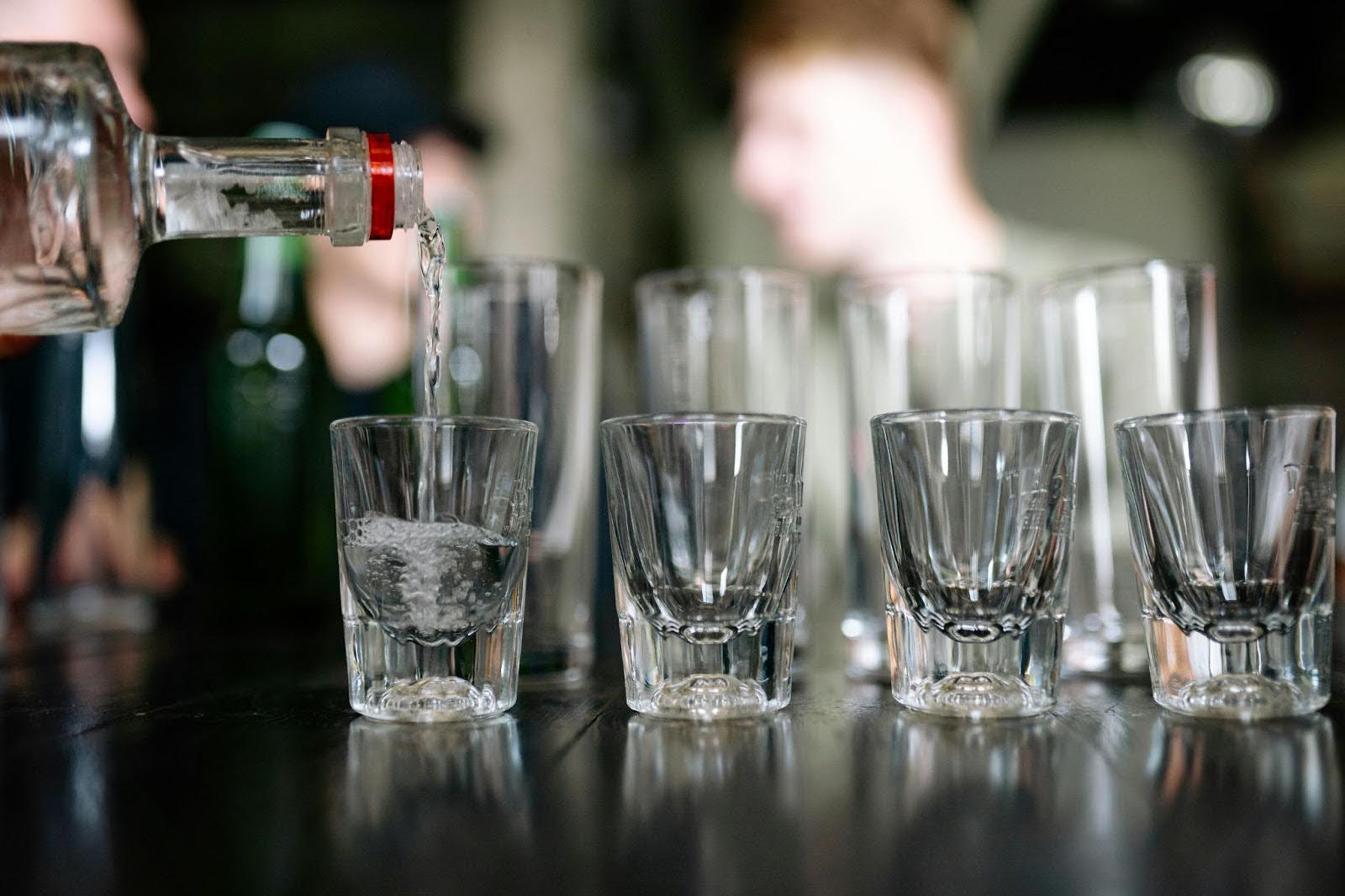In the Balkans, drinking rakija is not a quick act. It is a small ceremony repeated daily across towns and villages, in homes and cafés. The glass of rakija marks beginnings and endings, welcomes guests, and turns conversation into a shared moment. For many, it holds more weight than the drink itself. The custom shows how a simple act can express history, trust, and belonging. It also connects people in the same way that a friendly game like teen patti cash game can create shared time and attention among players.
A Drink Shaped by the Land
Rakija has existed in the Balkans for centuries. The drink is usually made from plums, but local versions use grapes, apples, or apricots. Every region claims its own variety. The method of distillation, however, has changed little. Families still collect fruit, let it ferment, and distill it slowly in copper kettles. The process takes patience, but it also brings people together.
The roots of rakija are deeply local. In many villages, people remember exactly which orchard their family’s rakija came from. It reflects the rhythm of agricultural life: planting, harvesting, fermenting, and finally sharing. When the first drops fall from the still, neighbors often gather to taste and comment. The drink becomes proof of skill, care, and the quality of the year’s harvest.
This connection to the land gives rakija its social weight. It is not only a product but a link between people and the environment that sustains them.
The Ritual of Sharing
The ritual around rakija is simple but precise. When a guest enters, the host offers a small glass, usually before coffee or food. To refuse would seem distant or unfriendly. The first sip is slow, sometimes silent. The moment shows respect to the host and signals that conversation can begin.
Unlike wine or beer, rakija is rarely drunk in large amounts at once. It appears in moments of meaning: births, weddings, funerals, and casual visits. Each setting gives it a different tone. At a wedding, it signals joy and unity; at a funeral, remembrance. In both cases, it brings people to the same table.
This act of sharing reflects a broader social code in the Balkans. Generosity is valued more than precision, and relationships are built through time spent together. A bottle of rakija on the table can keep people talking for hours, long after the first glass is finished.
Meaning Beyond Alcohol
For many, rakija represents continuity. Families pass down recipes and distilling equipment from one generation to the next. Even as people move to cities and work changes, the tradition endures. Making and drinking rakija preserves a sense of home and identity.
It also carries symbolic uses. In older times, rakija was seen as medicine. People used it to clean wounds, soothe pain, or warm the body in winter. A small glass before work in the fields was said to strengthen the spirit. Though science might question those claims, the belief shows how the drink is tied to daily survival and well-being.
The ritual has a moral side as well. Offering rakija is a way to show openness and equality. Everyone drinks from the same glass, whether rich or poor. It dissolves distance and invites conversation.
Rakija in Modern Life
Today, the tradition faces a different environment. Urbanization and global trade have changed how people make and drink rakija. Many no longer produce it at home but buy it from small distillers. Despite this shift, the meaning remains. Rakija still appears at family events, business meetings, and community gatherings.
Younger generations often treat rakija with a mix of irony and pride. Some see it as an old habit; others embrace it as a marker of authenticity. In cities, craft distillers are reinterpreting the drink—experimenting with local fruits or organic ingredients—while keeping its social role intact.
For people who have emigrated, rakija becomes a memory in liquid form. A small bottle carried abroad can recall long dinners, loud laughter, and familiar faces. It keeps a sense of belonging alive across distance.
A Living Tradition
The ritual of drinking rakija survives because it fills a social need. It creates pauses in a fast-moving world. It asks people to slow down, talk, and listen. The act does not depend on the drink alone but on the shared attention it invites.
In this sense, rakija is a cultural tool. It teaches patience, respect, and connection. Each pour renews an old promise—that human contact still matters. Across the Balkans, whether in a mountain village or a crowded café, that small glass continues to carry history, care, and the simple idea that life is best when shared.

